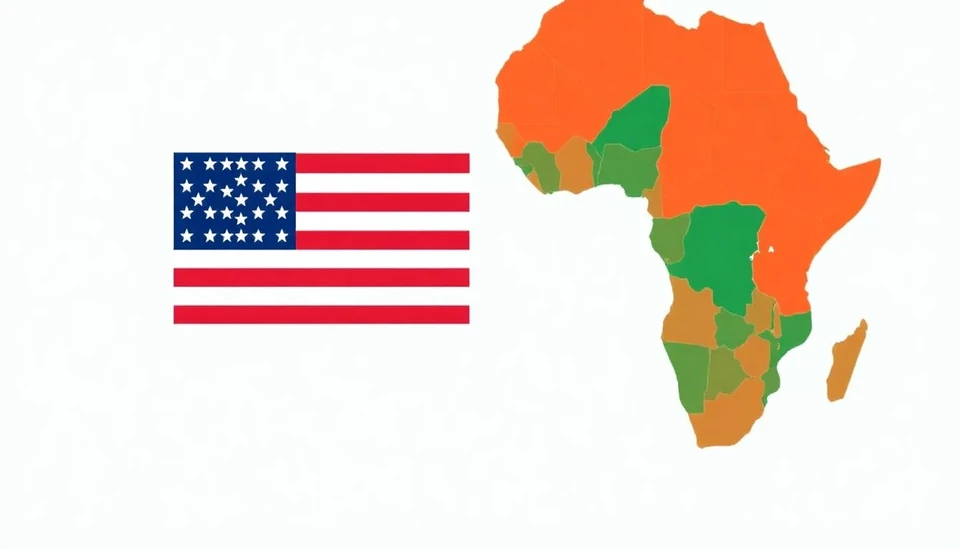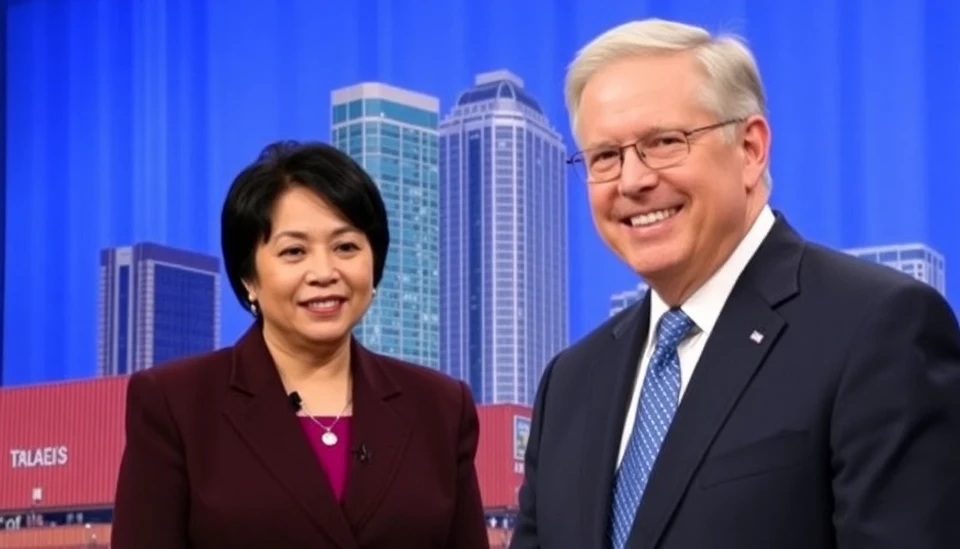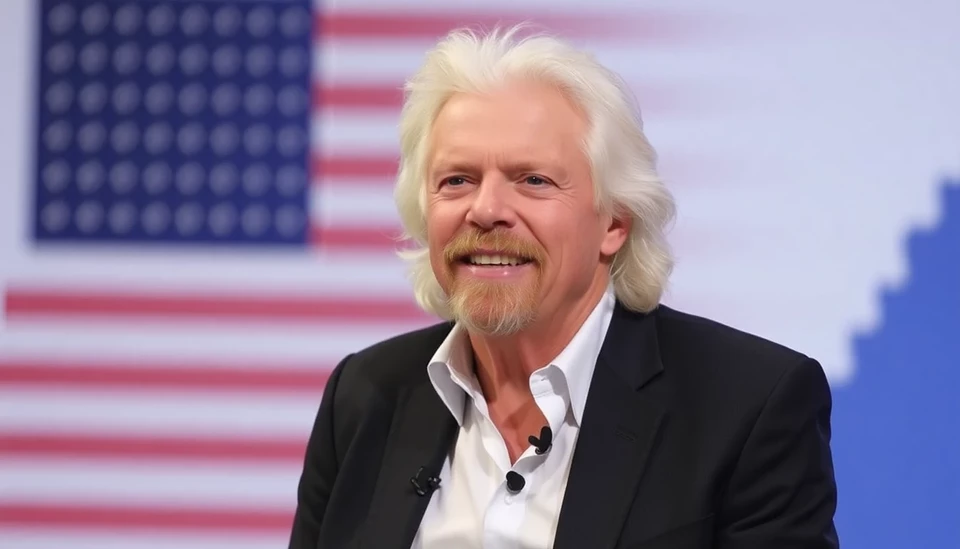
The outlook for a prospective trade agreement between the United States and African nations is currently overshadowed by uncertainty and skepticism. As discussions continue, key officials are expressing that the efforts to finalize a trade pact may prove challenging. This sentiment was underscored by the remarks of U.S. Trade Representative Katherine Tai, who indicated that while talks are on the agenda for July, the current climate does not inspire confidence in a successful conclusion.
This anticipated trade agreement was initially aimed at fostering closer economic ties between the two regions, with the potential of facilitating increased trade flows, job creation, and economic growth across both sides. However, the complexities of global trade dynamics are presenting significant barriers. These negotiations are taking place against a backdrop of shifting economic priorities, geopolitical tensions, and differing trade policies which could further complicate the discussions.
Experts analyzing the trade situation have noted that there are persistent issues regarding tariffs, market access, and regulatory standards that have yet to be addressed satisfactorily. These factors are critical for establishing a robust trade framework that would benefit both U.S. and African economies. Moreover, some critics argue that the urgency and frequency of past agreements do not seem to align with the current negotiations, raising concerns that this pact may not materialize as anticipated.
In light of these challenges, stakeholders are remaining cautiously optimistic, highlighting the importance of continued dialogue and engagement. The July meetings will be a pivotal moment for negotiators to clarify their positions and reconcile differences. Whether they can achieve meaningful progress remains to be seen, but the upcoming talks are crucial for outlining the future of U.S.-Africa trade relations.
As the date approaches, analysts are keeping a close eye on the political will from both sides, as well as any external economic pressures that may influence the outcomes of the negotiations. With the spotlight on trade as a tool for economic development, the urgency of these talks cannot be overstated.
In conclusion, the path toward a U.S.-Africa trade pact is fraught with difficulties, yet it also presents an opportunity to forge deeper economic relationships. Stakeholders will undoubtedly be looking for signs of progress as the July meetings approach, with the hope that constructive dialogue can pave the way for future collaboration.
#USTrade #AfricaTrade #TradeNegotiations #EconomicDevelopment #KatherineTai #GlobalTrade #JulyMeetings
Author: Laura Mitchell




